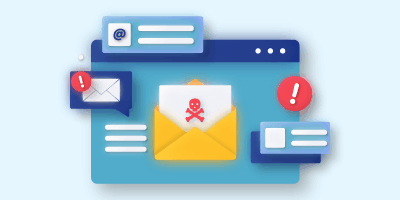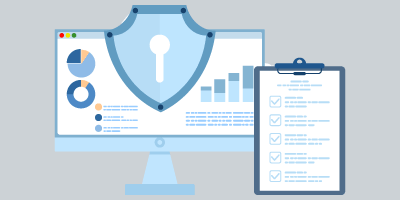“In the age of telework, your home network can be used as an access point for nation-state actors and cybercriminals to steal sensitive information,” said Neal Ziring, National Security Agency (NSA) Cybersecurity Technical Director. “We can minimize this risk by securing our devices and networks, and through safe online behavior.”
To help remote workers mitigate cyber risks and protect the confidentiality of their data, the NSA recently published the “Best Practices for Securing Your Home Network” Cybersecurity Information Sheet (CSI). The guide includes useful recommendations on how to maintain device security, email best practices, network segmentation, password protection, and more. Here are some of the key NSA-recommended cybersecurity best practices for remote workers.
Keep operating systems, routing devices, and browsers up to date
Maximize password protection
Be cautious when using public WIFI
Pay attention to email security
Segment your wireless network
Safeguard against eavesdropping
Use a VPN to maintain data confidentiality
Click below for the full list of NSA recommendations for securing your home network!
Cybersecurity Awareness Training for Employees
GraVoc’s security awareness training sessions educate remote and in-person employees on cybersecurity best practices and ensure they are well-equipped to recognize and mitigate a security risk. Click below to learn more about our security awareness training services!
Related articles
Business Email Compromise: Top BEC Tactics & How to Protect Against Them
We take a look at Business Email Compromise, including common BEC tactics and what your business can do to protect against them.
FFIEC CAT Sunset: Why the CRI Profile is a Strong Alternative
With the FFIEC CAT sunset approaching, we explore why the CRI Profile is a strong alternative to the CAT for financial institutions!
FTC Safeguards Rule Compliance for Auto Dealerships
We’ll go over the FTC Safeguards Rule, what it requires, and how a managed service provider can help auto dealerships stay compliant.




